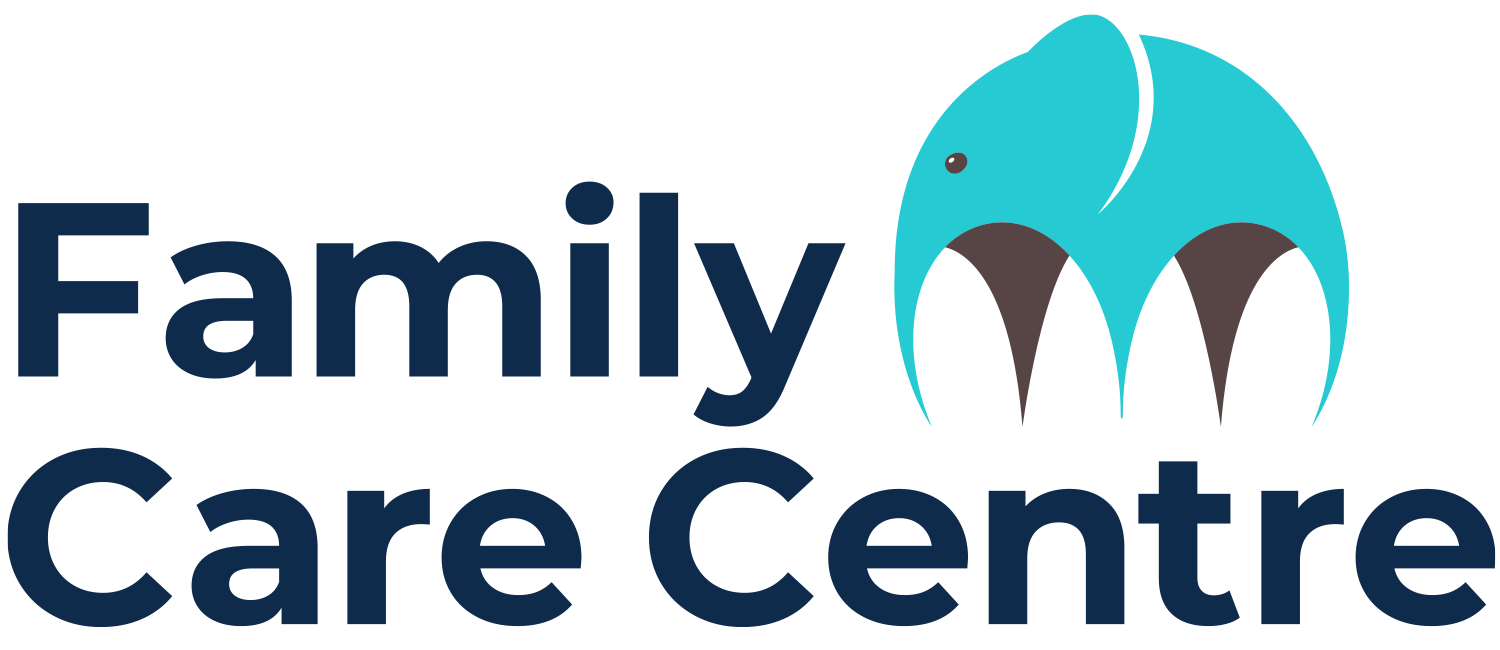Aggression Towards Family and Caregivers in Childhood and Adolescence (AFCCA):
Managing Aggression at Home
We partnered with Interwoven Connections and their network of clinicians and families with lived expertise to develop this resource to provide support and validation to families who are experiencing aggression in their homes. This resource will guide families toward strategies and resources to support parents and caregivers, the child or youth exhibiting aggressive behaviours, and siblings or other family members in the home who may be impacted.
Part 1: What is AFCCA?
Aggression in children and youth is a concerning issue. A particular type of aggressive behaviour is “Aggression toward Family or Caregivers in Childhood and Adolescence” or AFCCA. This page talks about AFCAA and what it looks like.
Part 2: Why does AFCCA happen?
Aggression can occur when a young person struggles to manage their emotions and directs their frustration at parents, caregivers, siblings, or other family members. This page explains some factors that can contribute to AFCCA.
Part 3: How does AFCCA affect families?
As a parent or caregiver, you’re doing your best to support your child(ren) or youth. It can feel very scary when you experience AFCCA in your family environment. This page discusses the impact of AFCCA on the child or youth as well as parents, caregivers, and other family members.
Part 4: How can I prepare for incidents of AFCCA?
When the child or young person in your life is behaving aggressively towards you and/or others in the home, everyone is at risk of physical and/or psychological harm. In this section, we talk about some strategies you and your family can use to prepare for the next incident that might occur.
Part 5: How can I support my family in the moment?
On this page, you will learn some practical tips and strategies to support your family in the moment, including some de-escalation techniques and knowing when to call a crisis line or 911.
Part 6: What if I need to visit the hospital?
If your child is suicidal or threatening self-harm, you may need to visit the emergency department. This section gives you an idea of what to expect to help make this difficult situation a bit more manageable.
Part 7: What to do after an incident of AFCCA?
After an episode of aggression, there may be a period of calm when you can reflect on what worked and what didn’t go so well. This section offers some suggestions on practices you can put in place to help reduce the impact or severity of a future instance of AFCCA.
Part 8: Where can I get help for AFCCA?
By getting help for your child or youth and your family, you can keep your home environment safe, improve communication, and strengthen relationships between members. On this page, you will find a range of AFCCA supports that are available.
You Don’t Have to Do This Alone.
If you are a parent/caregiver worried about your child, or a young person looking for help yourself – please reach out. Our network of child and youth mental health centres has 4,000 professionals ready to help children, youth and families with free counselling and treatment. We provide care in person, on the phone and virtually. No problem is too big or small.
Find your closest child and youth mental health centre.
